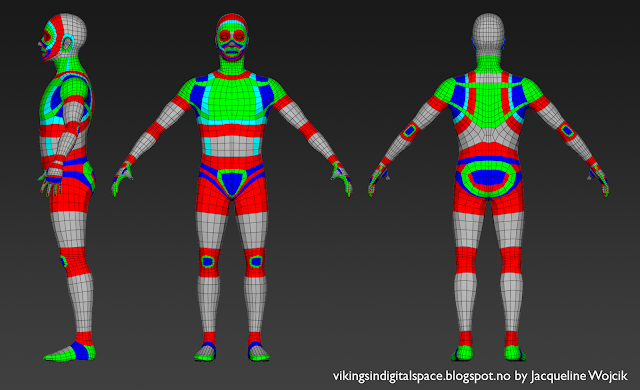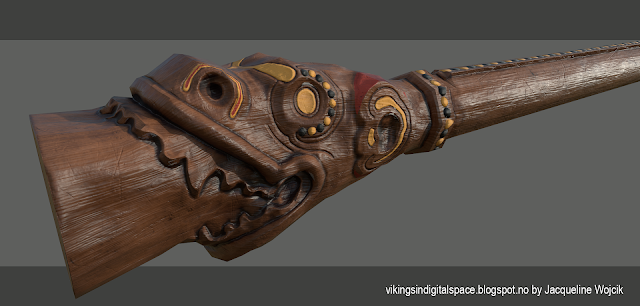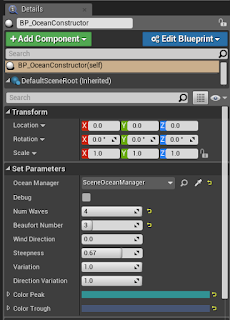Let's Sail!
Chilled and drenched in rain after scrambling over rocks and
stumbling through mud, I looked out over a rocky outcrop to the ruins of
Dunscaith Castle on Scotland’s Isle of Skye.
Despite the impressive site, disappointment gripped me. Centuries of history sat before my eyes,
reduced to rubble by the elements and time.
What would someone standing in that same spot several centuries ago have
seen? Who lived there? What did they do each day? I walked away with unsatisfied curiosity and
a desire to explore the now ruined castle.
In the back of my mind I thought, “Man, wouldn’t it be so cool to have
a 3D model of that castle I could explore?”
Fast forward several months, and here I am in Oslo with the
Gokstad and Oseberg ships, the task of developing engaging virtual environments
before me. After several weeks spent up
to my nose in articles and books about the burials, their context, and broader
Viking Age society, I wondered how I could feasibly represent an environment
that educated and engaged without simply mirroring on a computer screen what
was presented in the museum.
After much brainstorming, I returned to the spark I had a
Dunscaith Castle. Staring at the ships,
I asked what I wanted to do in that moment that I could not. The answer very quickly rose that I wanted to
sail them. I wanted to row the oars,
raise the sails, steer the rudder, and more mundanely open and close the
oar-hole covers on the Gokstad ship. I
wanted to be a part of the operation of these ships, and that is the
springboard I am jumping off of.
Sailing virtual replications of the Oseberg and Gokstad
ships is an environment that players can take an active role in, going beyond mere
observation. It emphasizes that these ships served their owners as functional vessels before their
deposition in graves. It additionally plays on video
games’ strength of generating experiences that cannot feasibly occur in real
life.
Now, to tackle real-time ocean simulation!



Comments
Post a Comment